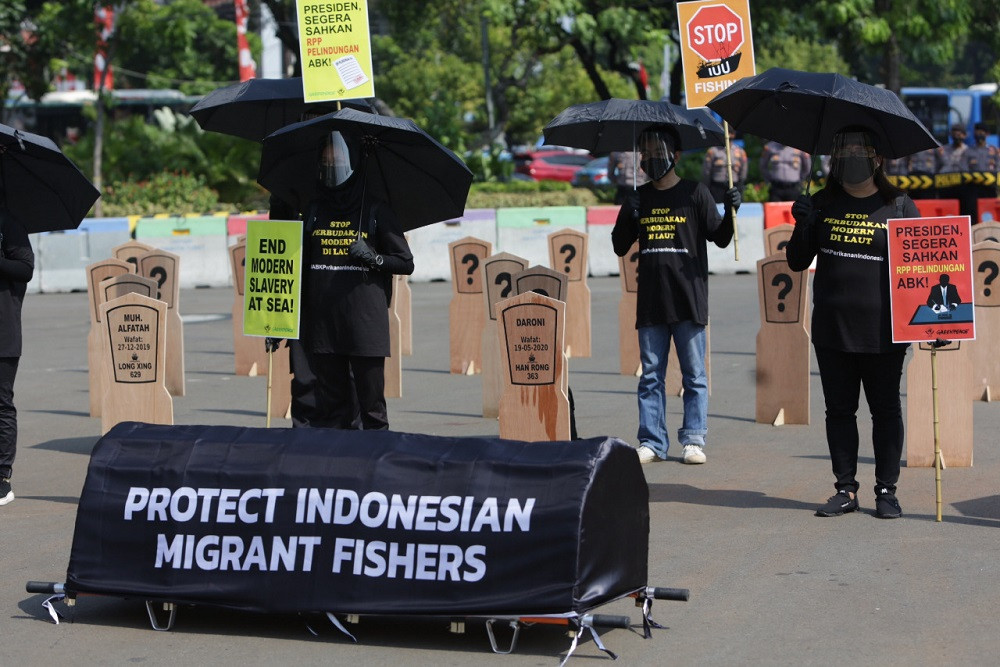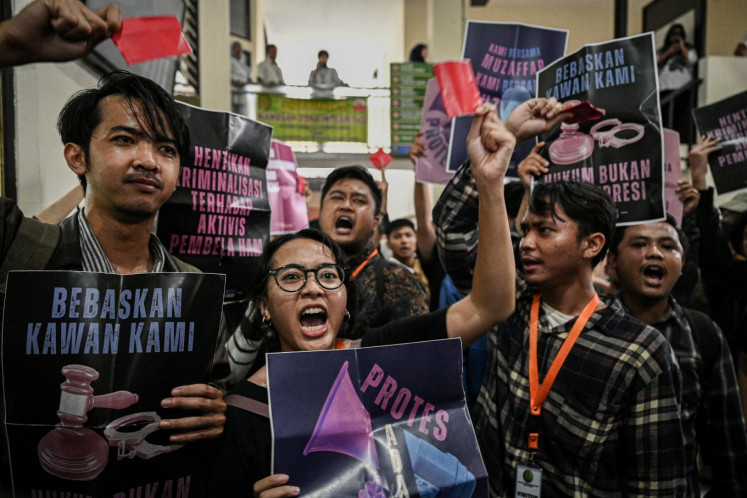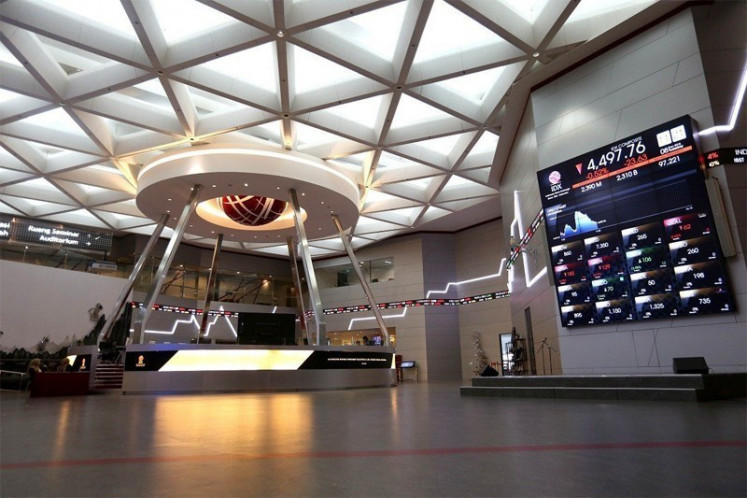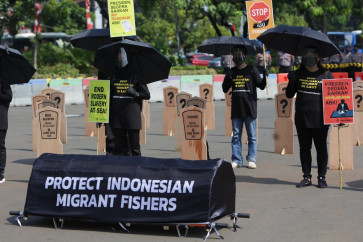Popular Reads
Top Results
Can't find what you're looking for?
View all search resultsPopular Reads
Top Results
Can't find what you're looking for?
View all search resultsCorporate responsibility needed to prevent trafficking of fishers
In the context of the fishing industry, the transnational nature of the crime often impedes a comprehensive investigation. Theoretically, mutual legal assistance and police-to-police cooperation can facilitate cross-border law enforcement.
Change text size
Gift Premium Articles
to Anyone
T
he global community has been spotlighting the vulnerability of the capture fisheries industry to human trafficking and modern slavery. United Nations agencies have continuously reported this organized transnational crime occurring all over the world, including Indonesia.
The Indonesian Foreign Ministry has reported that, since 2018, the government has repatriated more than 1,000 Indonesian fishermen every year due to labor disputes. Some of them experienced serious human rights violations, such as human trafficking. Even murder has been reported.
From January through June 2020, the Social Affairs Ministry assisted 60 Indonesian fishermen who were trafficked on foreign fishing vessels, including those working on the Longxing 629, flying the People’s Republic of China flag.
The cases have sparked a discussion on how to improve fishermen’s recruitment and placement procedures in Indonesia. Indeed, one of the contributing factors of human trafficking at sea is the lack of clarity about such procedures. However, this should not undermine the importance of giving just punishment to those violating fishermen’s rights, including business entities, ranging from local recruitment agencies to foreign fishing vessel operators and even distributors of fishery products.
Law No. 21/2007 on the eradication of human trafficking stipulates that corporations can be liable for human trafficking. Unfortunately, in most cases, business actors are left untouched due to the lack of mens rea evidence in a trafficking case.
In the context of the fishing industry, the transnational nature of the crime often impedes a comprehensive investigation. Theoretically, mutual legal assistance and police-to-police cooperation can facilitate cross-border law enforcement. Besides, Indonesia could take advantage of bilateral and multilateral diplomatic channels, such as ASEAN Dialogue Partner and Indonesia’s membership in numerous forums and international organizations.
However, in practice, crossborder investigations are often hindered by different legal terminology and definitions and are dependent on the reciprocity principle and diplomatic relationships.

















